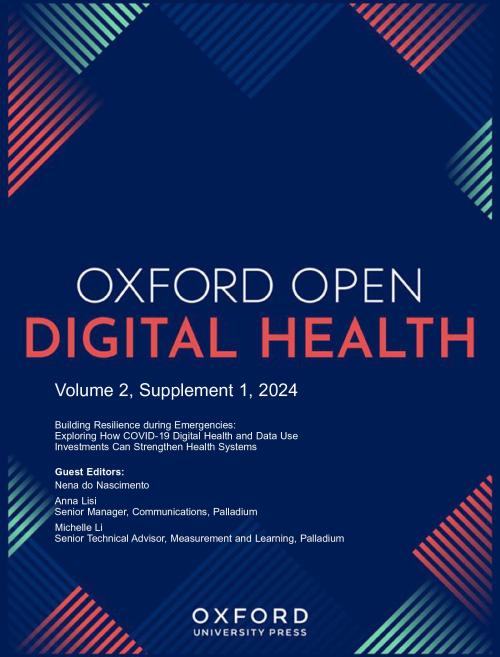Digital health global goods software are accessible, adaptable and scalable tools that can contribute to strengthened health data management and service delivery. A collaborative group of organizations, including CHISU, using digital solutions for health studied USAID global COVID-19 vaccine delivery investments made in 11 countries during the emergency phase of the pandemic.
This study explored how government stakeholders in three countries (Burkina Faso, Mali and Suriname) selected digital health global goods for COVID-19 vaccine response efforts, including whether and how these digital tools were adapted and scaled, challenges that were encountered and lessons learned from the experience. Key factors that most influenced the use of DHIS2 included country familiarity with the tool, urgent demand for real-time data and partner influence. Supportive supervision and reinforcement of data quality contributed to the effective use of DHIS2. Contextual factors, including adequate infrastructure and funding, posed challenges in system use. Experience using DHIS2 during the COVID-19 pandemic has led to plans for its expanded use in other health areas. Based on the findings, the authors recommend ministries of health utilize familiar global goods systems during health emergency periods, donors coordinate to streamline future digital system investments and technical and financial partners support countries to invest in the enabling environment for global goods systems to effectively and sustainably operate.
